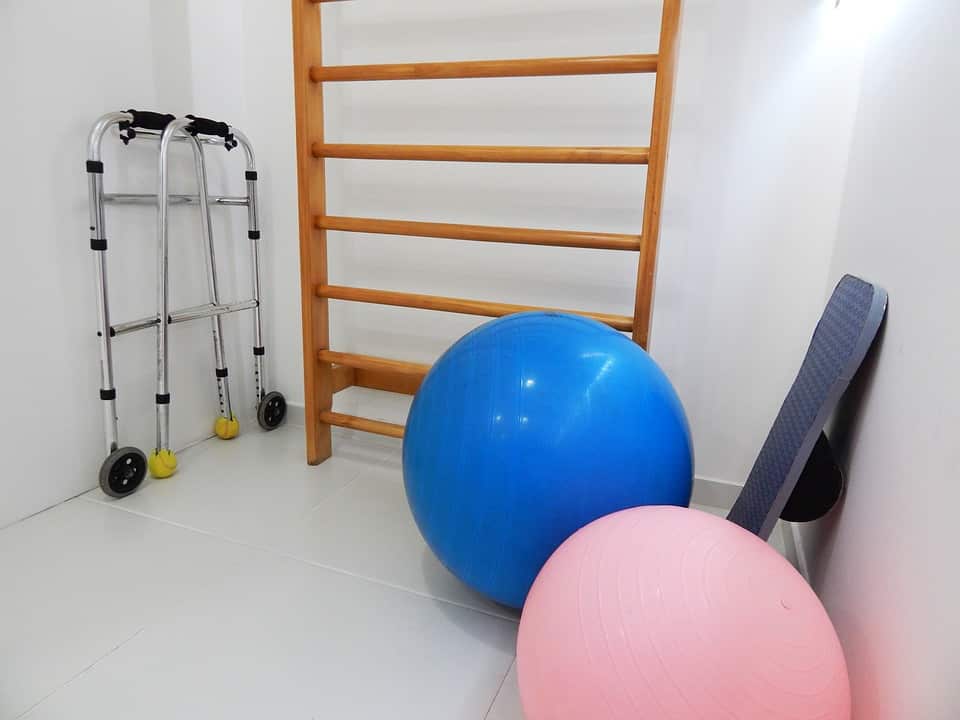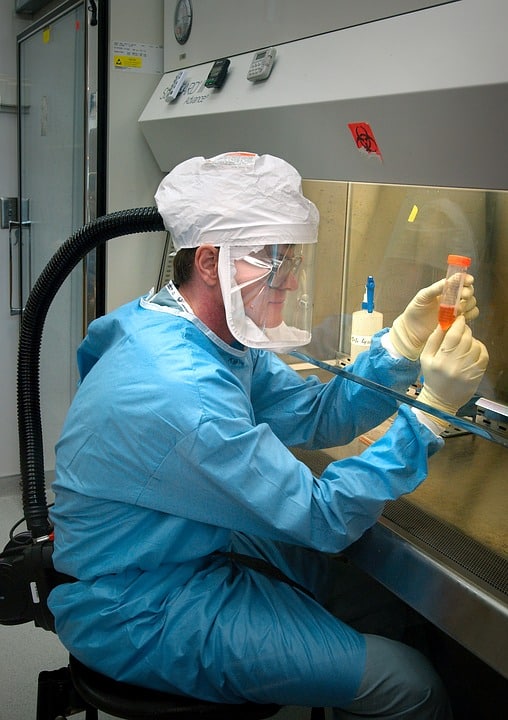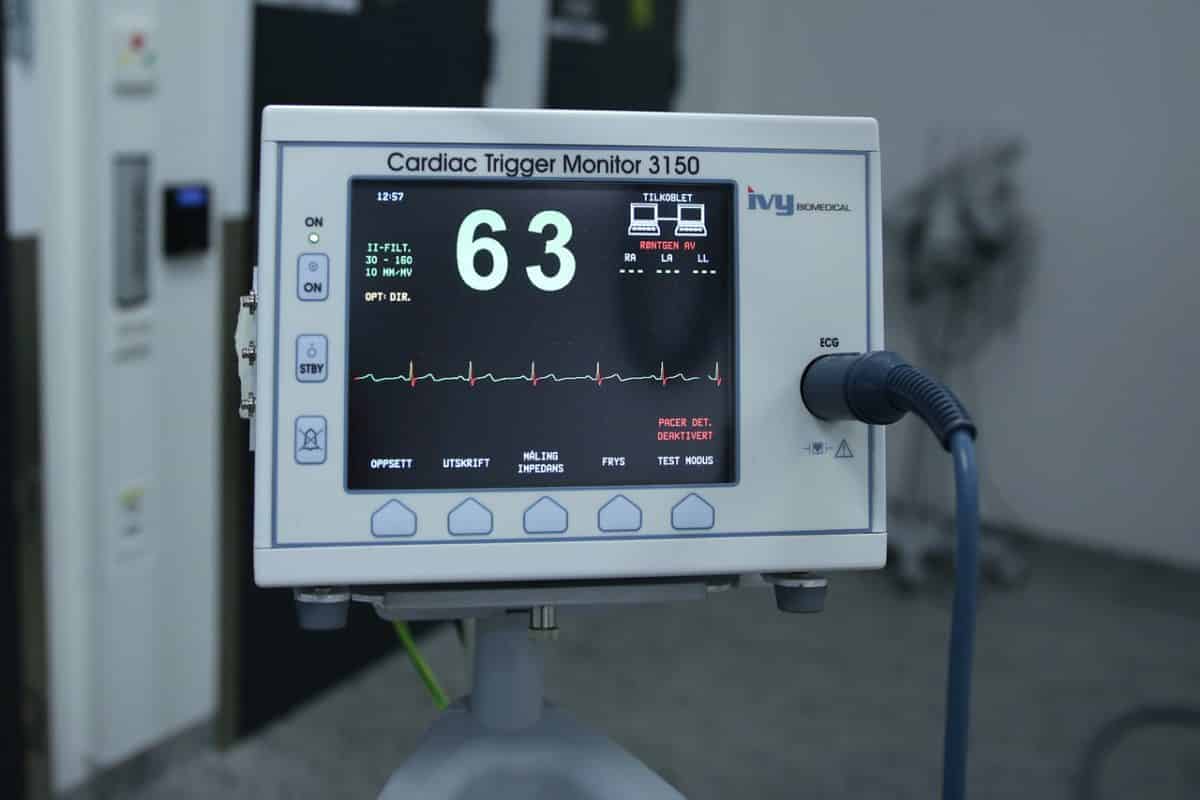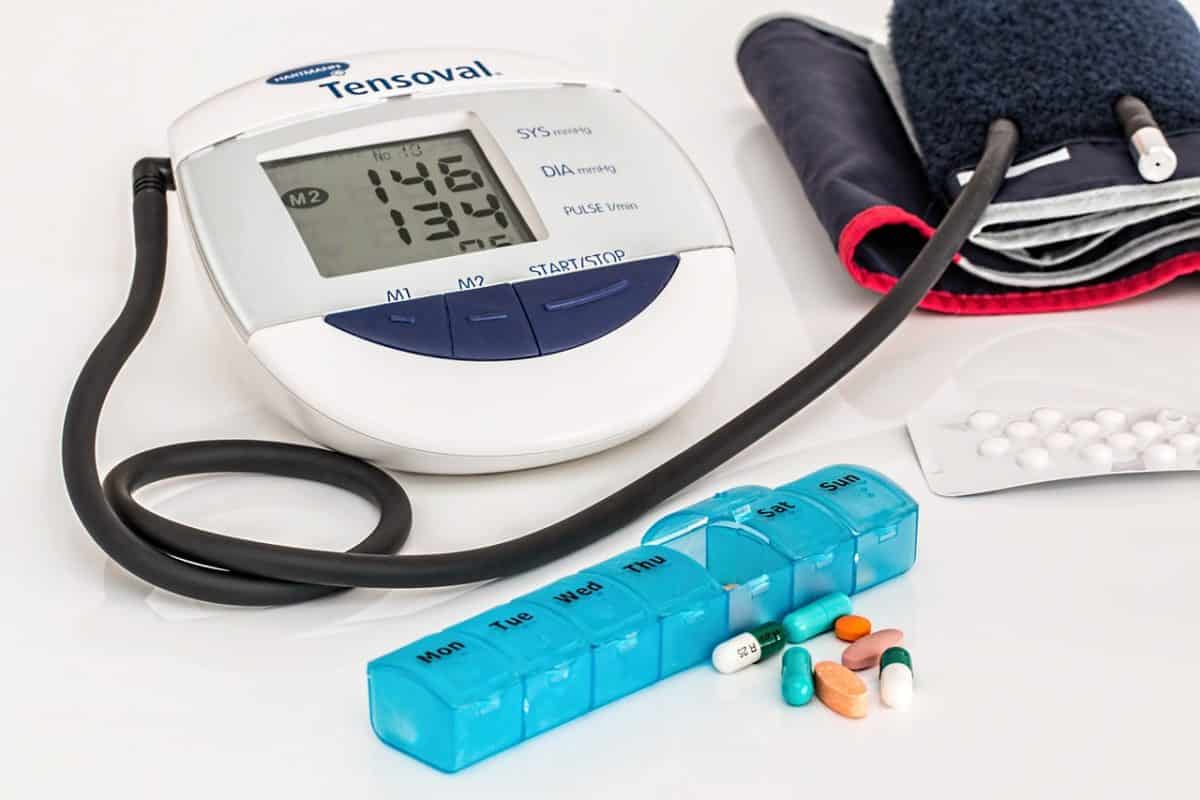Diversity Jobs is pleased to present this career interview with a female Navy veteran who is now a civilian emergency preparedness planner. In her interview, she shares the struggles she faced transitioning from military protocol to working in a civilian workplace, however despite the tough transition she takes pride in her work which keeps her community safe, and strives to educate herself more at every opportunity.
What is your job title and what industry do you work in? How many years of experience do you have in this field? How would you describe yourself using only three adjectives?
My job title is Emergency Preparedness Planner, and I have been doing this for 3 years. I would describe myself as Motivated, dedicated, and flexible.
How would you describe what you do? What does your work entail? Are there any common misunderstandings you want to correct about what you do?
I write various plans for emergency preparedness for a county level health department to respond to a disaster, may it be man-made or naturally occurring.
What’s your ethnicity and gender? How has it hurt or helped you? If you ever experienced discrimination, how have you responded and what worked best? Do you speak another language, and has it been helpful in your career?
I am non-hispanic, female. Being female has helped me strive to be the best at anything I do, from being a mother, to my job at work; at the same time maintaining my compassion for my fellow man, even if he/she disagrees with my own ideals of a particular situation.
On a scale of 1 to 10 how would you rate your job satisfaction? What might need to change about your job to unleash your full enthusiasm?
My job satisfaction would be a 6; the job would need to change in the area of superior management style. My superiors need to hold themselves and their peers and subordinates accountable for their respective actions, good or bad.
If this job moves your heart – how so? Ever feel like you found your calling or sweet spot in life? If not, what might do it for you?
This job moves my heart in that it requires me to do my best since the plans I will write are the guidelines that people use to respond to during a disaster to save lives.
Is there anything unique about your situation that readers should know when considering your experiences or accomplishments?
I am a U.S. Naval Officer, surface warfare, veteran; I have served for a county Health Department Epidemiology, specializing in biological terrorism surveillance for 10 years. I am a wife, mother, and owner of 2 dogs and a cat, and above all I am a Christian, who believes and loves God.
How did you get started in this line of work? If you could go back and do it differently, what would you change?
I got started in this job because I had a friend working in this line of work. I would not change anything if I was given a chance to go back, like Forrest Gump’s famous quote, life is like a box of chocolates, and you don’t know what you will get unless you bite into one, and I happen to like the flavor I bit into.
What did you learn the hard way in this job and what happened specifically that led up to this lesson?
The lesson I learned was in the civilian world one cannot be as frank to people as one can be in the military world. I learned this lesson the hard way through an uncomfortable encounter with my first boss.
What is the single most important thing you have learned outside of school about the working world?
I have learned that nothing is ever fair, but one can always be fair to others.
Why do you get up and go to work each day? Can you give an example of something that really made you feel good or proud?
I get up to go to work to do my share in this world, and to bring a pay check home. I am proud that I earned my masters while working here.
What kind of challenges do you face and what makes you just want to quit?
The biggest challenge here is that there is no career ladder to pursue, and what makes me want to quit is the nonchalant attitude by the chain-of-command.
How stressful is your job? Are you able to maintain a comfortable or healthy work-life balance? How?
My job is moderately stressful; I am able to maintain a comfortable work-life balance by talking about my day to relieve the stress, yet not dwell in its bad times, and bask in the good times.
What’s a rough salary range for the position you hold? Are you paid enough and/or happy living within your means?
$50K; I am spoiled so I must say no it isn’t enough, but if I reflect on it, I would say yes.
How much vacation do you take? Is it enough?
I get 2 weeks of vacation a year; The time is enough for state side vacation, but I would like a month for overseas travel vacation.
What education and skills do you need to get hired and succeed in this field?
You must have at least a Bachelors degree.
What would you tell a friend considering your line of work?
I would tell my friend to take advantage of the free master’s one can receive while working here.
If you could write your own ticket, what would you like to be doing in five years?
I would like to be the Director of this Health Department.

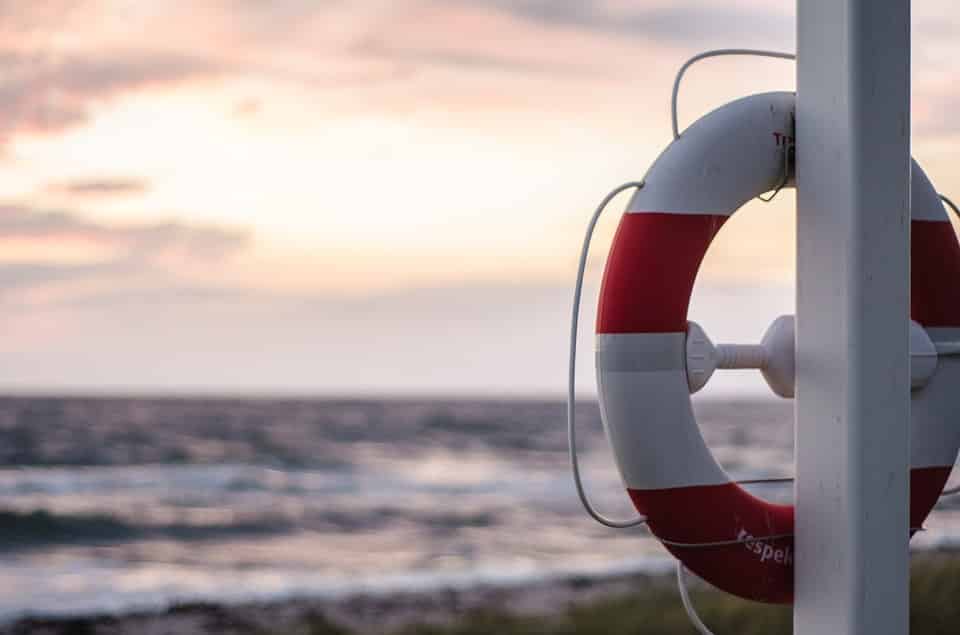


 In this career interview, a nurse for a non-profit mental health organization shares how she has struggled to overcome the major obstacles she has faced, such as being a single mother, surviving cancer, and recovering from a crippling injury. While she still faces physical, emotional, and financial challenges today, she is driven to get up each day by a desire to create a positive change in the world around her.
In this career interview, a nurse for a non-profit mental health organization shares how she has struggled to overcome the major obstacles she has faced, such as being a single mother, surviving cancer, and recovering from a crippling injury. While she still faces physical, emotional, and financial challenges today, she is driven to get up each day by a desire to create a positive change in the world around her.
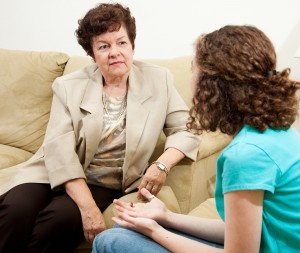
 In this interview with a substance abuse counselor, she shares how she has overcome overwhelming grief at the loss of her mother that changed her career path and lead her to this rewarding field. She also tells about her experiences of looking too young for the job, and how she juggles her professional career along with caring for her 3 children, one of which has special needs.
In this interview with a substance abuse counselor, she shares how she has overcome overwhelming grief at the loss of her mother that changed her career path and lead her to this rewarding field. She also tells about her experiences of looking too young for the job, and how she juggles her professional career along with caring for her 3 children, one of which has special needs.
